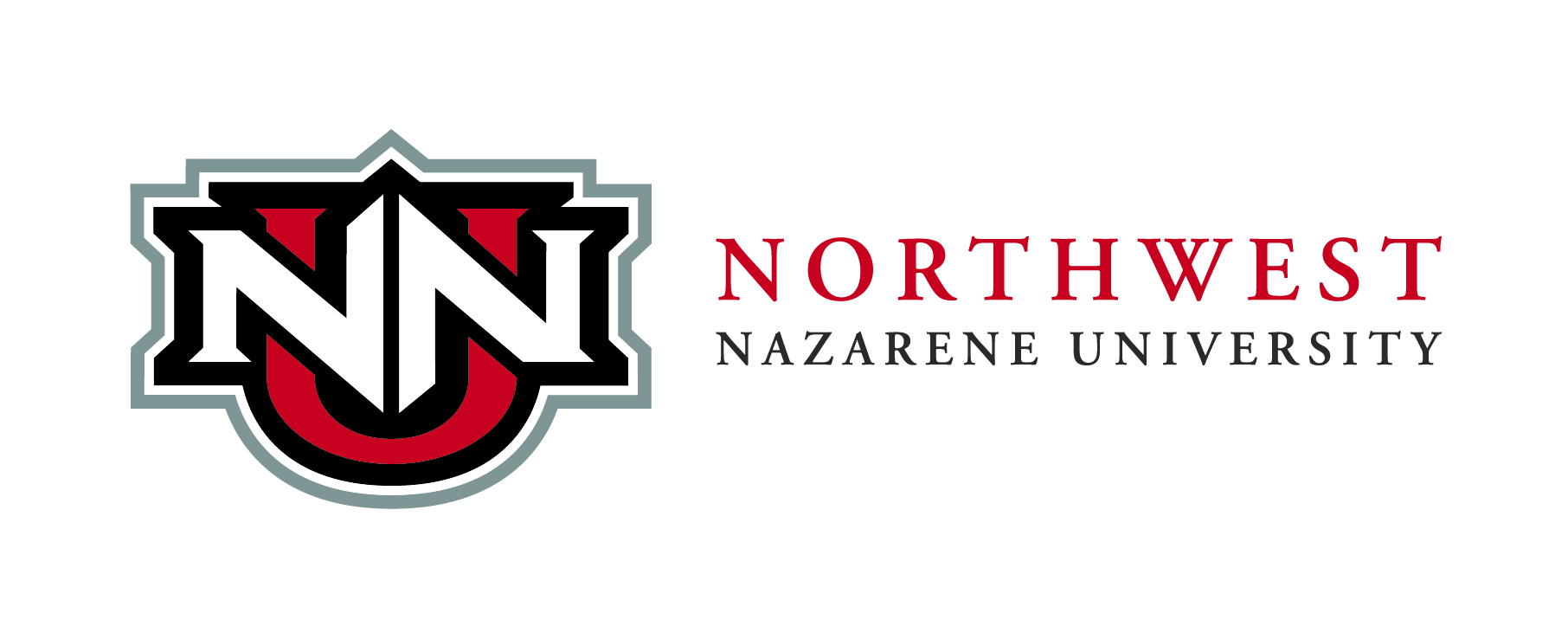- Resource Types
- Resource Languages
- Institutional Repository
 Visit the home page
Visit the home page
About Site Language
WHDL is viewable in multiple languages. Use the pull-down menu to select a language to view the site.
I changed my language, but I’m still seeing resources in the other languages?
If a resource or text has not been translated into your selected language, it will appear in the initially added language. We are always looking for help translating these resources. If you can help, contact us!
WHDL - 00014710
click to copy
Winter-Tracht, H (n.d.). Leveling the playing field: A phenomenological investigation on cultural mismatch theory & sociocultural, institutional ethos from the perspective of first-generation, underrepresented undergraduates who became university faculty in Christian higher ed. .
Winter-Tracht, HeidiLeveling the playing field: A phenomenological investigation on cultural mismatch theory & sociocultural, institutional ethos from the perspective of first-generation, underrepresented undergraduates who became university faculty in Christian higher ed. . , n.d.
Winter-Tracht, HeidiLeveling the playing field: A phenomenological investigation on cultural mismatch theory & sociocultural, institutional ethos from the perspective of first-generation, underrepresented undergraduates who became university faculty in Christian higher ed. . , n.d.
Winter-Tracht, HeidiLeveling the playing field: A phenomenological investigation on cultural mismatch theory & sociocultural, institutional ethos from the perspective of first-generation, underrepresented undergraduates who became university faculty in Christian higher ed. . , n.d.
Creating and sustaining a supportive sociocultural institutional ethos for academic success among first-generation, underrepresented undergraduates (FGUU) is crucial to promote equity in Christian higher education. FGUU tend to underperform at higher rates than their continuing generation peers. Research (including the lack thereof) indicates a need for deeper understanding of sociocultural institutional ethos in Christian higher education, including consideration of independent and interdependent cultural norms to address equity in graduation rates. Faculty in Christian higher education who were FGUU students themselves have valuable lived experiences that help to identify and address sociocultural gaps on university campuses. Three compelling ideas frame this research: (1) Cultural mismatch exists in higher education, (2) Education is a sociocultural change agent, and (3) Faculty in higher education hold roles in academic leadership, shared governance, and scholarship to further the development of equity in universities. The purpose of this study was to investigate the lived experiences of FGUU currently serving as faculty in Christian higher education in order to understand the cultural gaps within institutions whose mission emphasizes equity and diversity and to undergird faculty-driven action plans for creating and sustaining a supportive institutional, sociocultural ethos at Christian schools. A phenomenological study was chosen to examine the lived experiences of the participants, to analyze their common experiences, and to consider the influence of these experiences on their traditional faculty roles of teaching, service, and scholarship for shaping institutional ethos.
This material is used by permission of the rightsholder in accordance with the terms of the relevant content release. As a user, you have permission to use this content and download a copy for non-commercial use only. Downloading multiple quantities of this resource is expressly forbidden.
155 Resources
1993
2017
2018